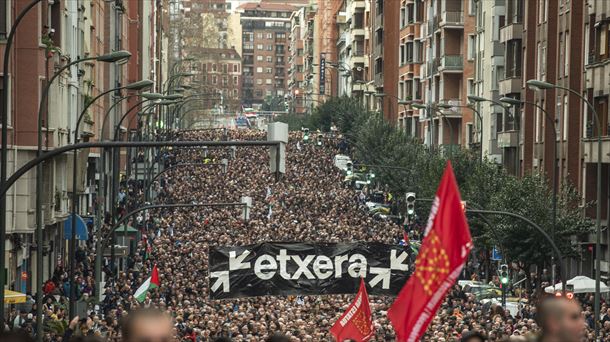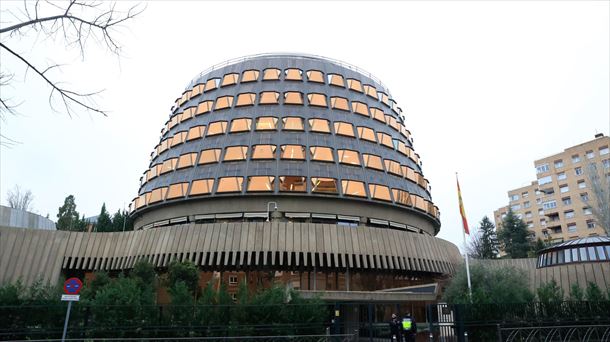Austria wants to end Schengen, Germany wants to save it. Who can convince whom in Salzburg?
The Schengen area is the largest visa-free zone in the world. And is considered one of the greatest achievements in the development of the European community. Not necessarily because of the freedom to travel, but because of its deeper meaning. Schengen is a symbol of freedom. And for the state of the EU. Because the borders only open when everything is in order in the member countries.
Continued Schengen blockade
For Chancellor Karl Nehammer (ÖVP) there is a lot wrong in the EU. “Germany is still carrying out border checks with Austria, which shows that the Schengen system is structurally dysfunctional,” Nehammer said ahead of German Chancellor Olaf Scholz’s visit to Salzburg on Friday. Nehammer will discuss the controls. How Scholz will react to Austria’s veto on the extension of the Schengen area to Bulgaria and Romania.
The German Chancellor is seen as a pragmatist. As a man of the middle who can work with conservatives. Like with Angela Merkel in the last grand coalition. Nehammer received praise for his meeting with Putin and Austria’s participation in Sky Shield, which preceded an initiative by Scholz. Regarding Schengen, he describes Nehammer as a “skeptical friend who needs to be convinced”.
This is what a deal could look like
University of Vienna political scientist Sebastian Heidebrecht can envision a deal. “End border controls between Germany and Austria. Instead, lift the right of veto, but strengthen the EU’s external border controls.’ However, there is not much time for that. Scholz’s stay in Austria lasts three hours before he travels on to Bavaria. Also a signal of the importance of this visit for the German Chancellor.
Domestic politics is in the foreground rather than geopolitics
Both are criticized. Scholz and the traffic light coalition rarely agree on a subject, the Chancellor’s Party ÖVP prefers to debate money than inflation, the climate and the energy crisis.
Political scientist: internal market and Schengen inevitable
According to the coalition agreement, Scholz promised that Germany would play an active role in Europe. So far we have been guilty of that. “Europe is facing geopolitical challenges. Climate change, war in Ukraine, but also Europe’s position in international competition with China and the United States,” says Heidebrecht. A strong internal market is essential for this, and therefore also a functioning Schengen area.
In the end, all that matters to the two troubled chancellors is “that they can sell the meeting as a domestic political success,” according to expert Heidebrecht.
Source: Krone
I am Ida Scott, a journalist and content author with a passion for uncovering the truth. I have been writing professionally for Today Times Live since 2020 and specialize in political news. My career began when I was just 17; I had already developed a knack for research and an eye for detail which made me stand out from my peers.



